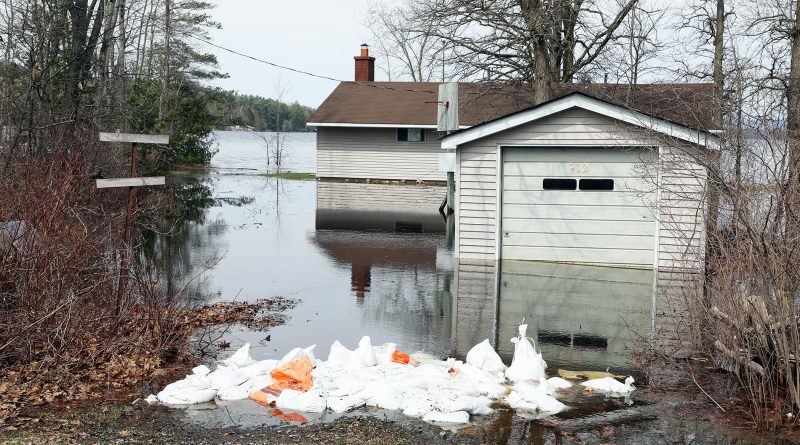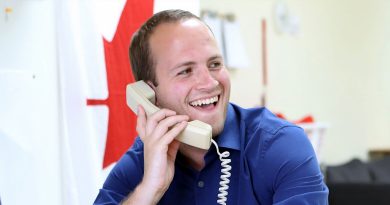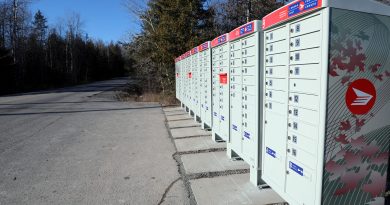Kelly brings free well water testing to WC flood sites
Special to WC Online
(Editor’s note: As we did during the 2017 flood, 2018 tornado, 2019 flood and COVID-19 pandemic, we are making our coverage of potential extreme flooding in 2023 free access to our entire community providing flooding updates, on-site coverage, important information and resources to West Carleton and beyond, so those outside the area can better understand what is happing in our rural community)
WEST CARLETON – Ward 5 Coun. Clarke Kelly is offering free well water testing for those affected by recent flooding and has provided sample drop-off locations at West Carleton’s hardest hit communities.
Starting today (April 25), residents of Morris Island, Willola Beach, Constance Bay and Dunrobin Shores can drop off their water samples for testing at the sandbag-filling stations already set up at those locations.
Tomorrow (April 26), city staff will pick up water samples at the following times:
- Morris Island: 10 a.m.
- Willola Beach: 10:30 a.m.
- Constance Bay: 11 a.m.
- Armitage/Greenland: 11:30 a.m.
“Please leave them with the coordinators at your chosen locations,” Kelly’s staff released in a statement yesterday (April 24).
“If flood waters have reached the level of your well head, or covered your well head, your well water may be contaminated and not safe to drink,” Ottawa Public Health (OPH) released in a statement.
Residents who own private wells affected by flooding are advised to:
Best option is to stop using your well water and use another potable water source such as bottled water for ALL water use, including drinking, preparing food, cleaning, bathing, hand washing.
If you want to continue to use your well water and do not suspect chemical contamination, bring the water to a rolling boil for at least one minute and let it cool before using it for drinking, making infant formula, juices, ice or recipes, brushing your teeth, rinsing contact lenses, and washing food or dishes. Refrigerate your boiled water until it is used.
If you suspect chemical contamination of your drinking water and well, please contact the Ontario Ministry of Environment, Conservation and Parks (MECP) well help desk at 613-521-3450.
If you test during the current high waters, it is important to continue ongoing tests as results can change rapidly. If in doubt, do not use your well water as potable water until extended testing shows clear results.
If your septic system is affected, contact 311 to report your location so the city can implement appropriate additional response measures and provide you with information on supports available.
OPH recommends you do not use the septic system (e.g., no flushing toilets or draining water from sinks, bathtubs, showers or dishwashers) until the water level around the house is lower than the septic drainage field and enough time has been given for the soil to adequately drain.
“The soil requires additional time to drain in order to allow sewage to be absorbed,” OPH said. “This may take several weeks after flood waters recede depending on the length of time the system was under water and the soil conditions.”
For more information on Septic Systems and Private Wells during and after flooding, OPH’s online resources.











